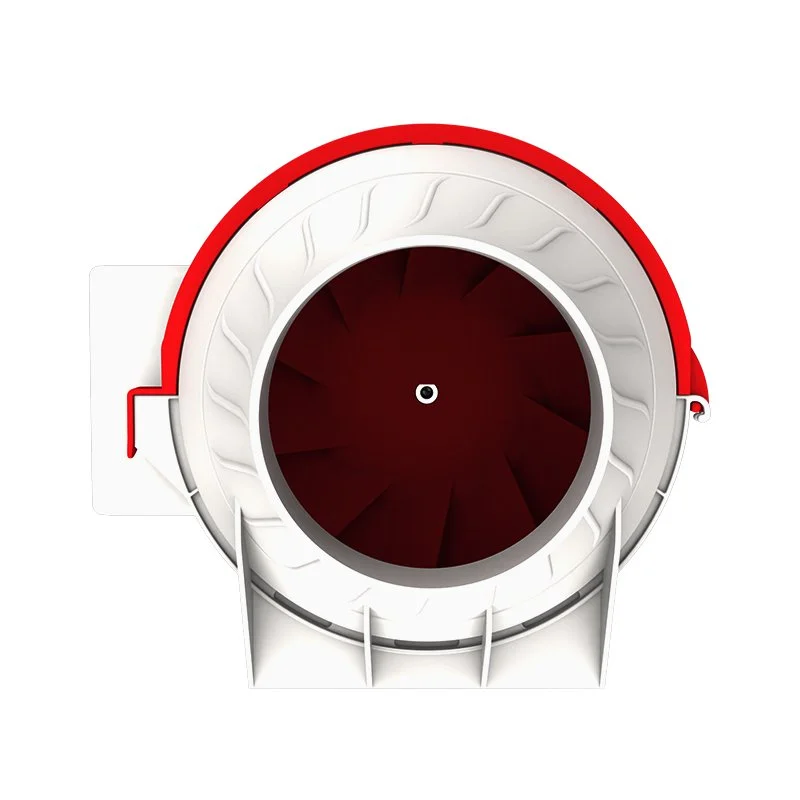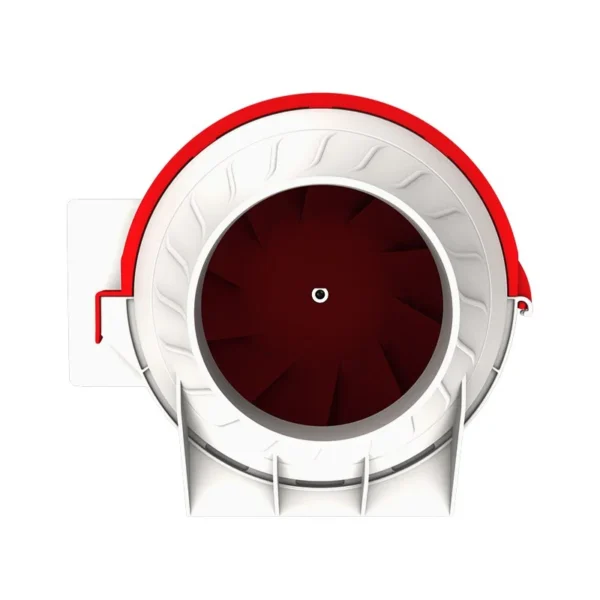
Demystifying HVAC: What Homeowners Need to Know About Heating & Cooling
Introduction to HVAC
If you’ve ever wondered “What is HVAC?”, you’re not alone. HVAC stands for Heating, Ventilation, and Air Conditioning, a system designed to regulate indoor temperature, humidity, and air quality in residential, commercial, and industrial buildings.
In this comprehensive guide, we’ll break down:
✔ What HVAC means and how it works
✔ The different types of HVAC systems
✔ Key components of an HVAC system
✔ Why HVAC maintenance is crucial
✔ Common HVAC problems and solutions
What is HVAC? A Complete Guide to Heating, Ventilation, and Air Conditioning
Introduction to HVAC
If you’ve ever wondered “What is HVAC?”, you’re not alone. HVAC stands for Heating, Ventilation, and Air Conditioning, a system designed to regulate indoor temperature, humidity, and air quality in residential, commercial, and industrial buildings.
In this comprehensive guide, we’ll break down:
✔ What HVAC means and how it works
✔ The different types of HVAC systems
✔ Key components of an HVAC system
✔ Why HVAC maintenance is crucial
✔ Common HVAC problems and solutions
What Does HVAC Stand For?
HVAC is an acronym for:
Heating – Keeps indoor spaces warm during cold weather
Ventilation – Ensures fresh air circulation and removes pollutants
Air Conditioning – Cools indoor spaces in hot weather
These systems work together to provide comfort, energy efficiency, and healthy air quality.
How Does an HVAC System Work?
An HVAC system operates through three main functions:
Heating – Uses furnaces, boilers, or heat pumps to generate warmth.
Ventilation – Exchanges stale indoor air with fresh outdoor air using ducts and fans.
Air Conditioning – Removes heat and humidity using refrigerant cycles.
The system can be centralized (ducted) or split (ductless), depending on the building’s needs.
Types of HVAC Systems
1. Central Air Conditioning Systems
Most common in homes
Uses ducts to distribute cooled/heated air
Includes a furnace, air conditioner, and thermostat
2. Heat Pumps
Provides both heating & cooling
Energy-efficient alternative to furnaces
3. Ductless Mini-Split Systems
Ideal for homes without ductwork
Individual units for different rooms
4. Packaged HVAC Systems
Combines heating & cooling in one outdoor unit
Common in commercial buildings
5. Geothermal HVAC Systems
Uses underground heat exchange for efficiency
Eco-friendly but costly to install
Key Components of an HVAC System
| Component | Function |
|---|---|
| Thermostat | Controls temperature settings |
| Furnace | Heats air using gas, oil, or electricity |
| Air Conditioner | Cools air using refrigerant |
| Heat Pump | Transfers heat between indoors & outdoors |
| Ductwork | Distributes air throughout the building |
| Ventilation Fans | Improves air circulation |
| Air Filters | Removes dust and allergens |
Why Is HVAC Maintenance Important?
Regular HVAC maintenance ensures:
✅ Lower energy bills (efficient operation)
✅ Longer system lifespan (prevents breakdowns)
✅ Better air quality (reduces allergens & pollutants)
✅ Fewer repairs (catches issues early)
Common HVAC Problems & Fixes
| Issue | Possible Cause | Solution |
|---|---|---|
| No cooling/heating | Thermostat failure, power issue | Check thermostat settings, circuit breaker |
| Poor airflow | Clogged filters, duct leaks | Replace filters, seal ducts |
| Strange noises | Loose parts, motor issues | Tighten components, call a technician |
| High energy bills | Dirty coils, low refrigerant | Schedule professional maintenance |
Conclusion
Understanding what HVAC is helps homeowners and businesses make informed decisions about heating, cooling, and ventilation. Whether you need a new installation, routine maintenance, or troubleshooting, a well-functioning HVAC system is essential for comfort and efficiency.
Need HVAC services? Contact a certified technician today for expert advice!

